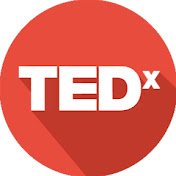The Surprising Biology of Love – Podcast Interview
The Sun Magazine: LOVE DRUG From an ‘electric buzz’ to butterflies and a racing heart – what happens to your body when you fall in love
Plus how a break-up can affect your body – as well as the science behind the ‘ick’
Eliza Loukou
Published: 13:51, 14 Feb 2024 Sun Magazine
THERE’S nothing quite like falling in love. From the surge of joy at the thought your loved one, to the sweaty anxiety of getting ready to see them and the despair of not hearing from them, it can certainly be an emotional roller-coaster.
Falling in love can involve a heady cocktail of hormones surging through your body head over heals for someone is unique each time and it can feel like an intensely individual experience.
But there are some core biological processes that underpin being smitten with a special someone. And they might explain some of the wacky expressions we have to describe the experience of craving our beloved: from ‘butterflies in your stomach’ to ‘love is blind’. Dr Liat Yakir, a biologist specialising in hormones and genes dove deep into the biological underpinnings of love and the science of attraction in her book A Brief History of Love.
Speaking to Sun Health, she revealed how our brain rates someone as attractive or unattractive in the seconds after laying eyes on them.
The Surprising Biology of Love – Podcast Interview Read More »






